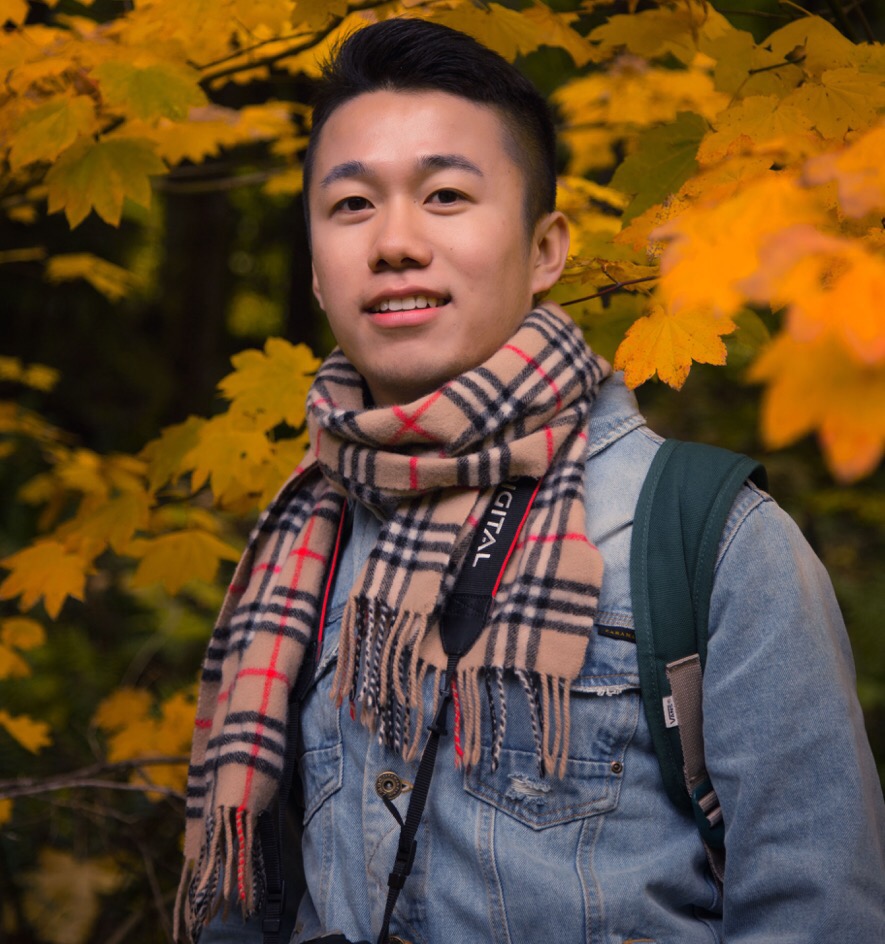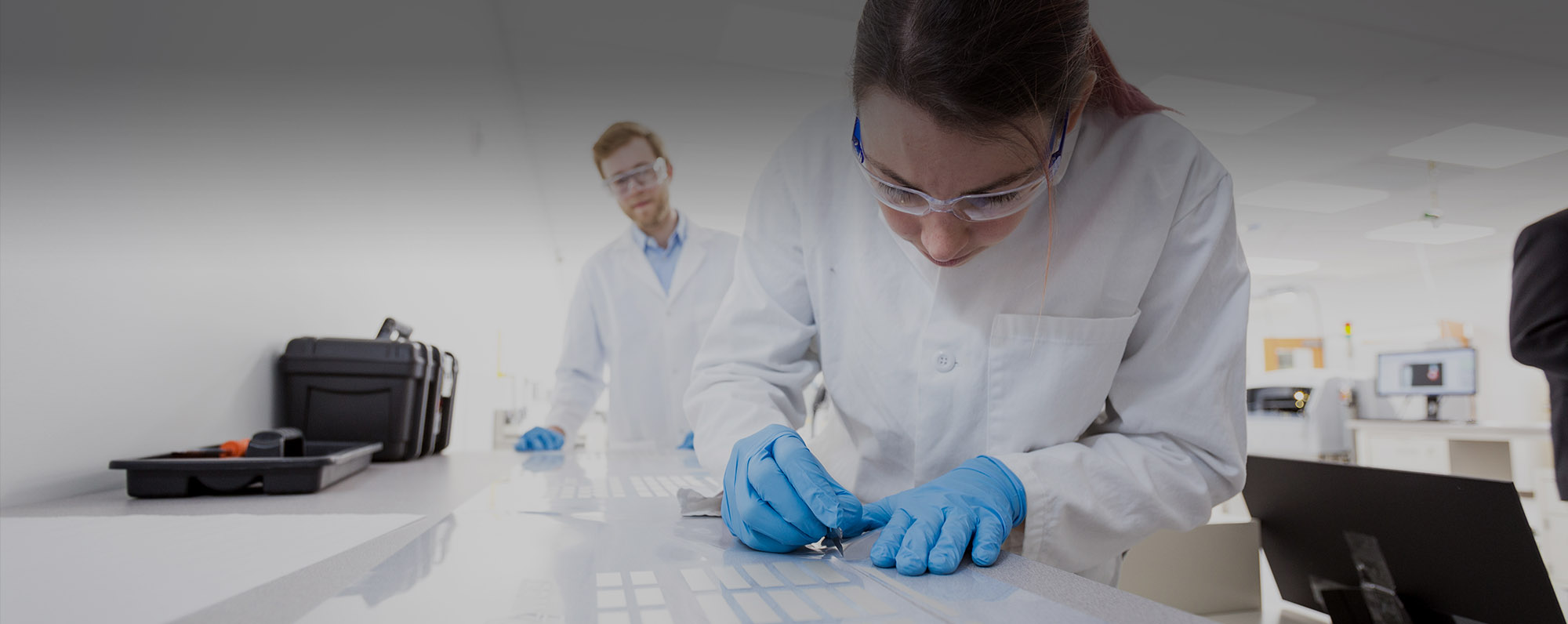
Lithium–sulfur (Li-S) batteries promise to improve the lifetime and cost of electric vehicles due to their high capacity (10x Li-ion theoretical) and earth-abundant materials. However, sulfur undergoes up to 80% volume expansion during discharge, causing cracks in the cathode that leads to capacity fade. To address this stability problem, I will develop elastic, self-healing polymer binders for sulfur cathodes based on tunable and reversibleinteractions between fused aromatic diimides. The elasticity of these side-chain-substituted binders will dissipate expansion stress and resist crack formation, while any formed cracks will be repaired, even at room temperature, due to the binder’s self-healing capability. This will enable energy-dense, low-cost Li-S batteries with much longer cycle life. I will collaborate with Prof. Jihui Yang’s group (UW-MSE) and Dr. Jun Liu’s group (PNNL) to characterize the self-healing efficiency of binders and the performance of batteries with my materials.
Advisor Alex Jen – Material Science & Engineering



